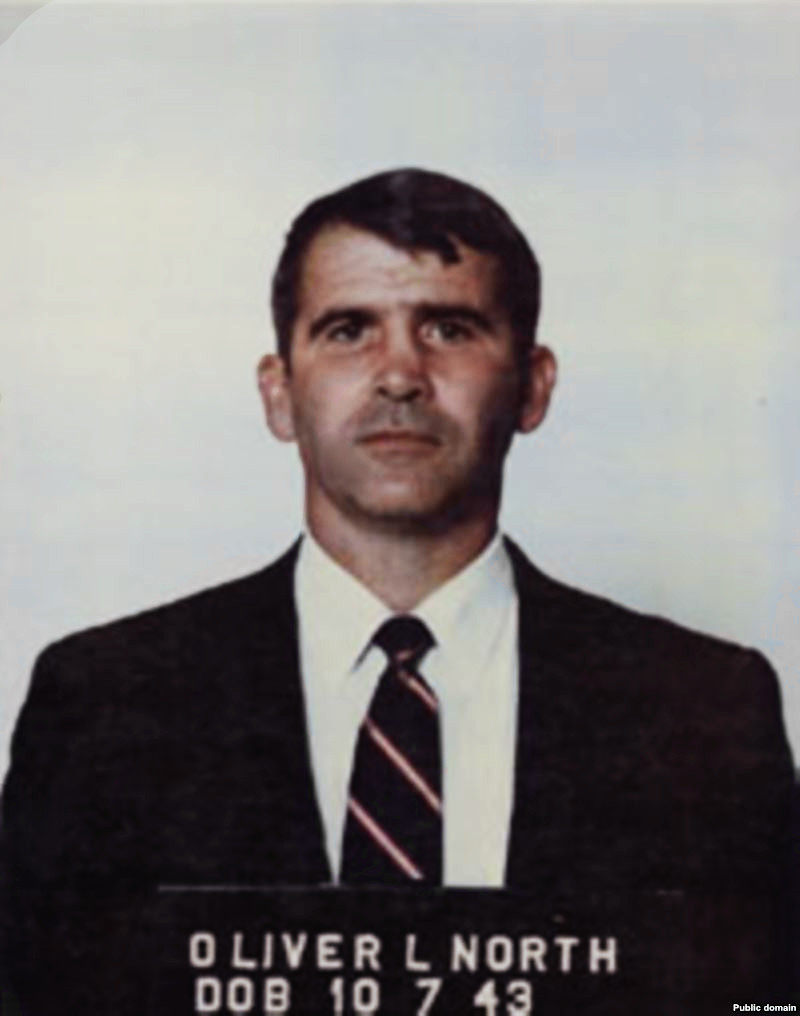FICTION
One hates to see a silver lining in economic collapse, but perhaps some small — very small — consolation can be taken from its effect on art? Okay, so cultural organizations are often the first to lose funding, and wallet-tightening among the average man and woman can mean fewer visits to the theater or a gallery. But the art itself, the art that directly comments or comes from the devastation, can be extraordinary.
“The Financial Lives of the Poets” is not such an example. In fact, I found Jess Walter’s novel a colossal waste of a possibly intriguing premise, a cliche-reveling bit of modest boredom masquerading as economic and cultural commentary.
The protagonist is Matthew Prior, and as “Poets” begins, he is at a strange low point. He’s left his newspaper writing gig to start a blank verse financial journalism site — yuk yuk yuk — that, predictably, has failed. Soon, he goes all Lester Burnham, befriending a couple dudes named Skeet and Jamie, and, well, becoming a pot dealer.
“I’m only going to do this for a few months,” Prior says, “just long enough to make some house payments and keep my kids in Catholic school.”
“Wait,” replies a friend. “You’re selling pot to pay for Catholic school? Drugs for private school? That’s so Iran-Contra.”
Coupled with a cheating spouse, Prior has at least 99 problems. How interested you are in his woes has a lot to do with your tolerance for a drug-dealing protagonist. It wasn’t his drug-dealing that bothered me, though — it was that this job simply wasn’t funny, involving, or remotely believable.
The majority of the humor is lazy, from Prior’s poetry to its attempts at satire. His lust over the MSNBC anchors he watches on TV during the day — specifically one “whose lovely eyes and soft mouth make the ongoing crisis in the world credit markets! and the loss of trillions of dollars sound, to my ears, like spank-me dirty talk” — is but one example.
The only memorable segments are Prior’s thoughts on his former life as a newspaper journalist in a dying market, and how things had changed since his early days there.
“Four years earlier we had complained about too many ads in the paper (less room for our brilliance) and competed for designer beats (cultural trends reporter); now we sighed with relief when the slender paper had any ads at all.” The whole chapter titled “The Last Days of the Newspaper Business, Part II” is borderline brilliant, a poignant and sharply funny study of one man’s past and present. Had there been more chapters to follow like this one, “Poets” might have been a stronger, perhaps even great work.
The response from most critics has been downright rapturous. Perhaps they’ve seen something in it I’ve missed, but I think they’re more likely still dazzled by Walter’s past works. Both “The Zero” and “Citizen Vance” were unique, award-winning treats, and evidence of an author with an ability to find the humor and warmth in very, very dark subjects. (“The Zero” was a post-9/11 satire, while “Citizen Vance” was a stylish bit of noir-infused fiction set in the early ’80s.)
There is certainly much to be said about our economic plunge, as well as the increasing perils in the world of print media. But Jess Walter’s text adds nothing to the discussion.
Christopher Schobert is a freelance Buffalo critic.
The Financial Lives of the Poets
By Jess Walter
Harper
304 pages,
$25.99
Log into MyBuffalo to post a comment


0 comments:
Post a Comment